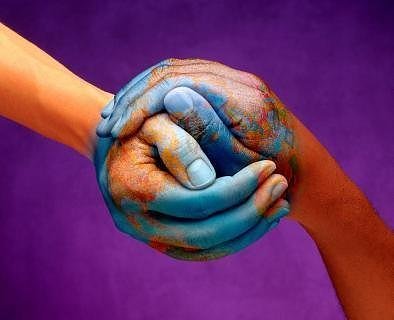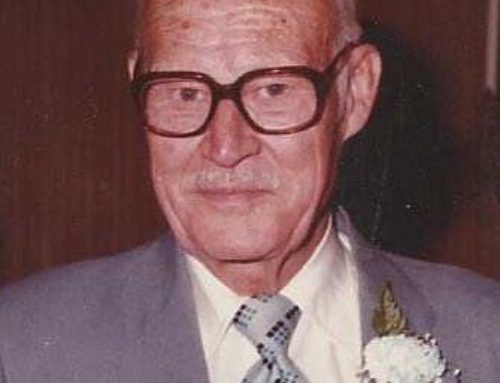Empathy is more than caring for others and desiring to help them.
Empathy is more than understanding, being aware of, and being sensitive to, and vicariously experiencing the feelings, thoughts, and experience of another living being.
Empathy at its deepest and most transformational level is . . .
. . . the capacity of the heart and the purest experience of the soul, that allows us to recognize (observe) and feel (know) that our each and every choice impacts those around us. It is the capacity to recognize, “My choice hurt you, and I’m sorry.” It is to be sensitive to the pain of others and decide to extend compassion to them in their pain. It is also to refrain from creating pain in others, lessening the distinct differences between the self and others.
Current neuroscience has determined the neural basis of the mind’s ability to understand and process emotion. Activation of “mirror neurons” is used to explain the basic process of empathy. Neuroscientists have now identified that people scoring high on empathy tests have high busy mirror neuron systems in their brains.
Measures of empathy show that mirror neurons are activated during arousal of sympathetic responses and prolonged activation shows increased probability to help others.
Empathy moves us toward altruism – taking action to benefit others separate from our own primary gain.
Certainly empathy can be learned. Research has shown, however, that empathy is more challenging when there are differences between people including status, culture, religion, language, skin color, gender, age, etc.
What Blocks Empathy?
The basic ability to recognize and respond empathetically to others is innate. We learn to lack empathy.
When people have experienced abuse, neglect, or trauma, it causes them to choose an internal path. Some identify with having been victimized. They become helpless, blaming, and projecting when afraid. Others identify with the perpetrator. They becoming arrogant, egotistical, insensitive, aggressive, and bullying. All of these patterns speak to wounds unhealed; pain still pulsating deep inside.
We cannot extend empathy when we are fearful.
What Cultivates Empathy?
One study found that one important parenting practice – not related to parenting style – contributed to the development of empathy in children. Parents who encourage children to see an experience through the other’s eyes (“walking in their moccasins”), cultivate empathy most effectively. This process begins in childhood as the child is encouraged to move beyond self focus/needs to understanding how to appropriately interact with and respond to others. Empathy is essential to healthy socialization, to experiencing gratitude, and to playing well with others.
Interestingly, paternal (fatherly) warmth was found to be significantly important, especially in boys. Maternal warmth (motherly) was negatively related to empathy development, especially in girls.
One additional thought, if I may.
Please consider all sources in your life that diminish the importance of empathy. Think of what you watch, read, listen to, and participate in. Think about politics. Think about commerce. Think about media. Think about sports.
Any and all choices that desensitize you to the pain of others hampers your capacity for empathy and create distance between you and others.
Choose well for your own happiness and the well-being of others.






